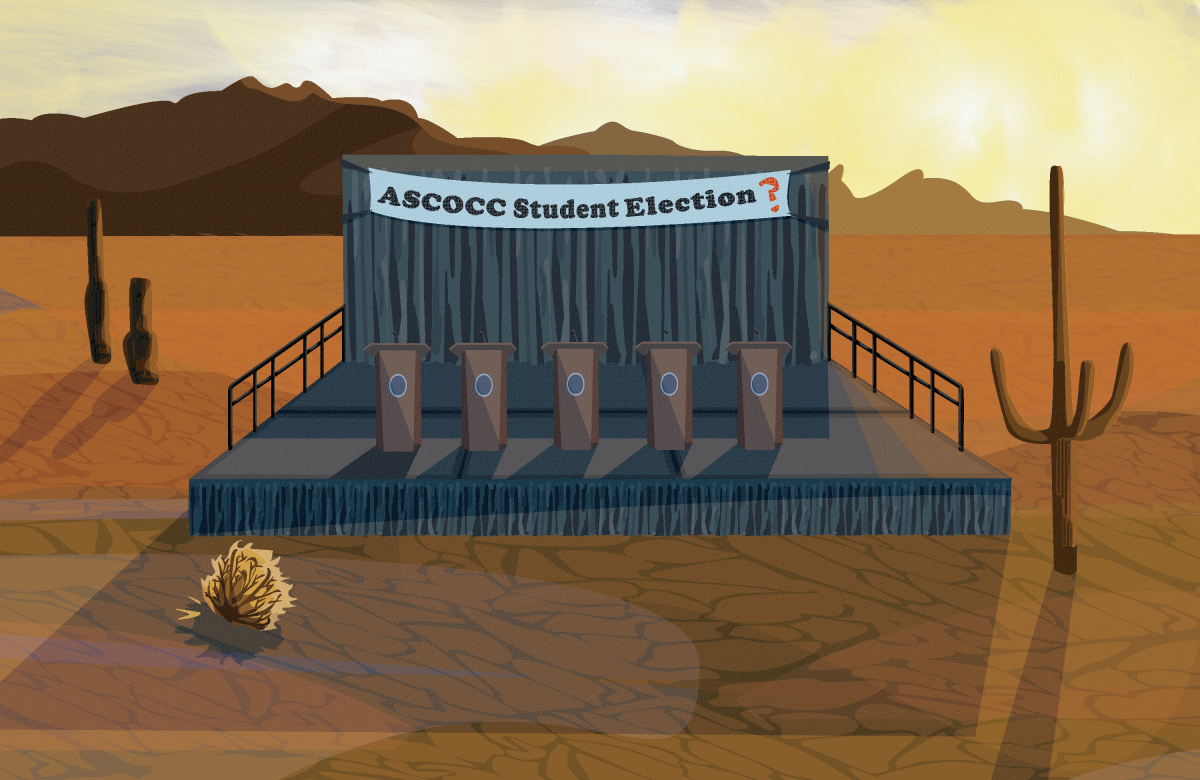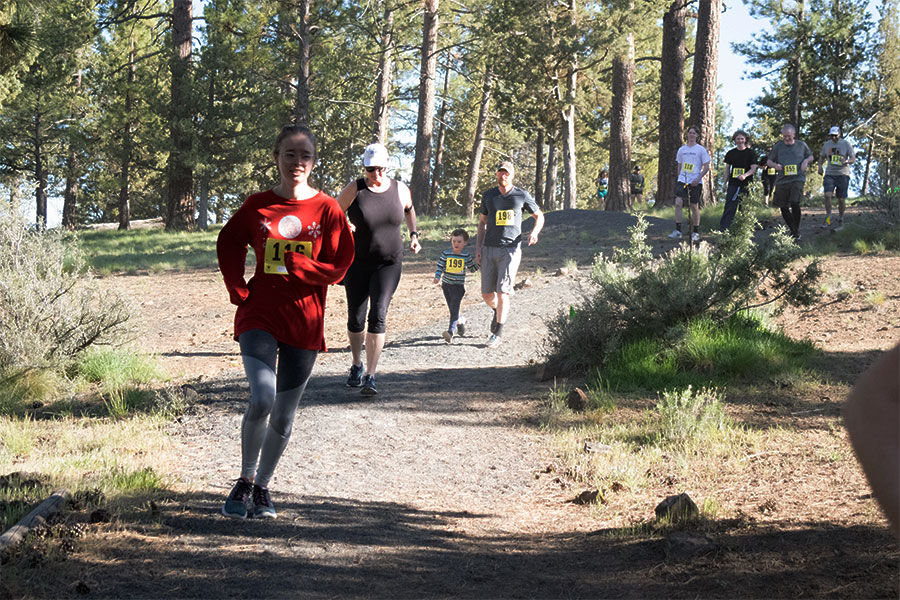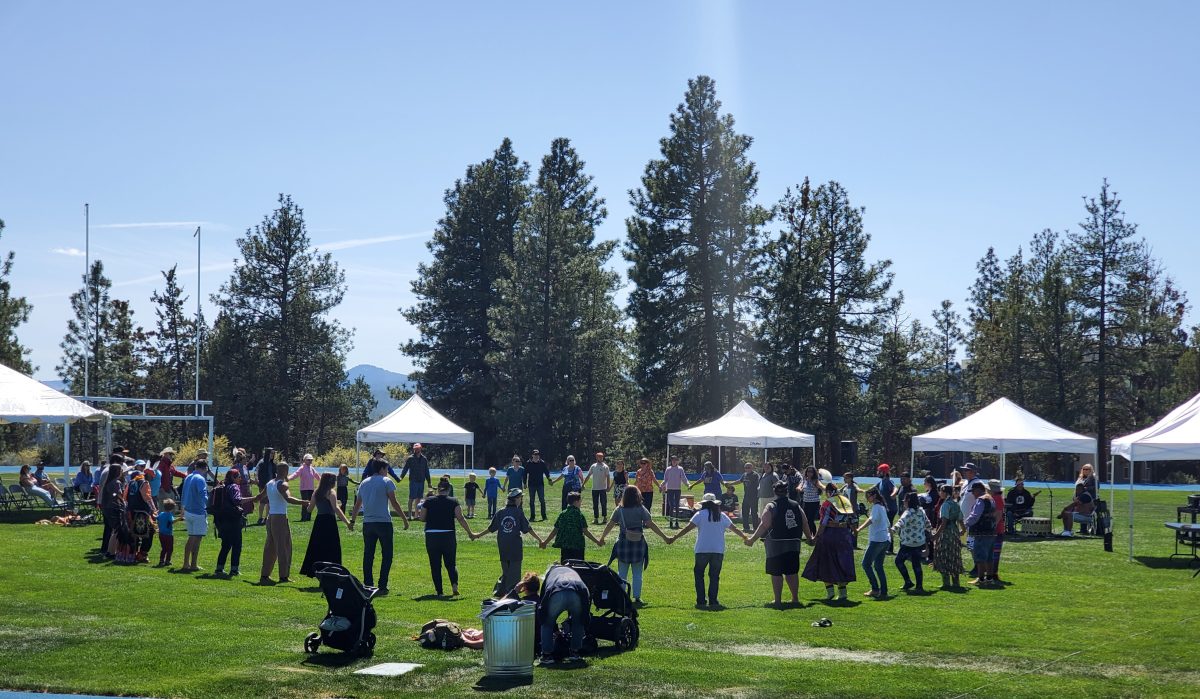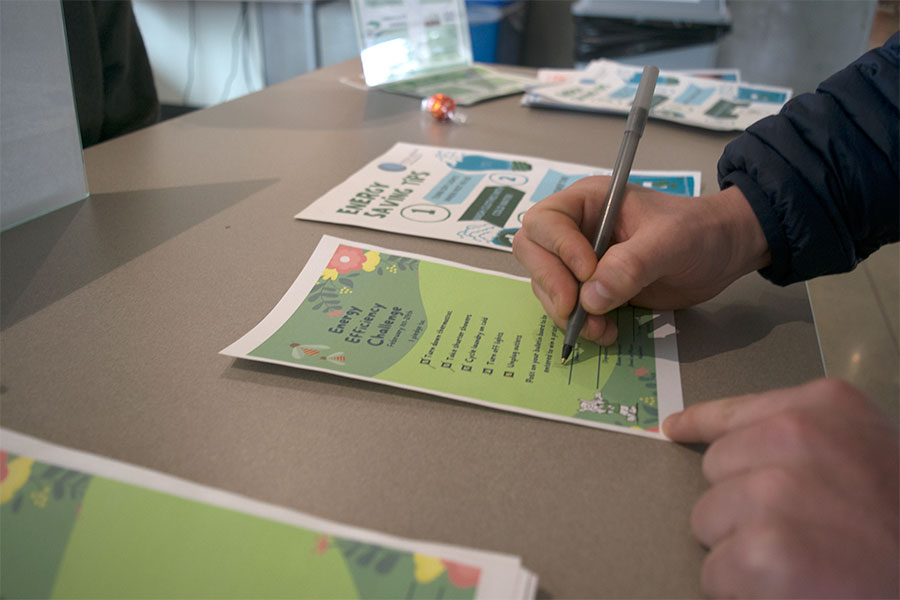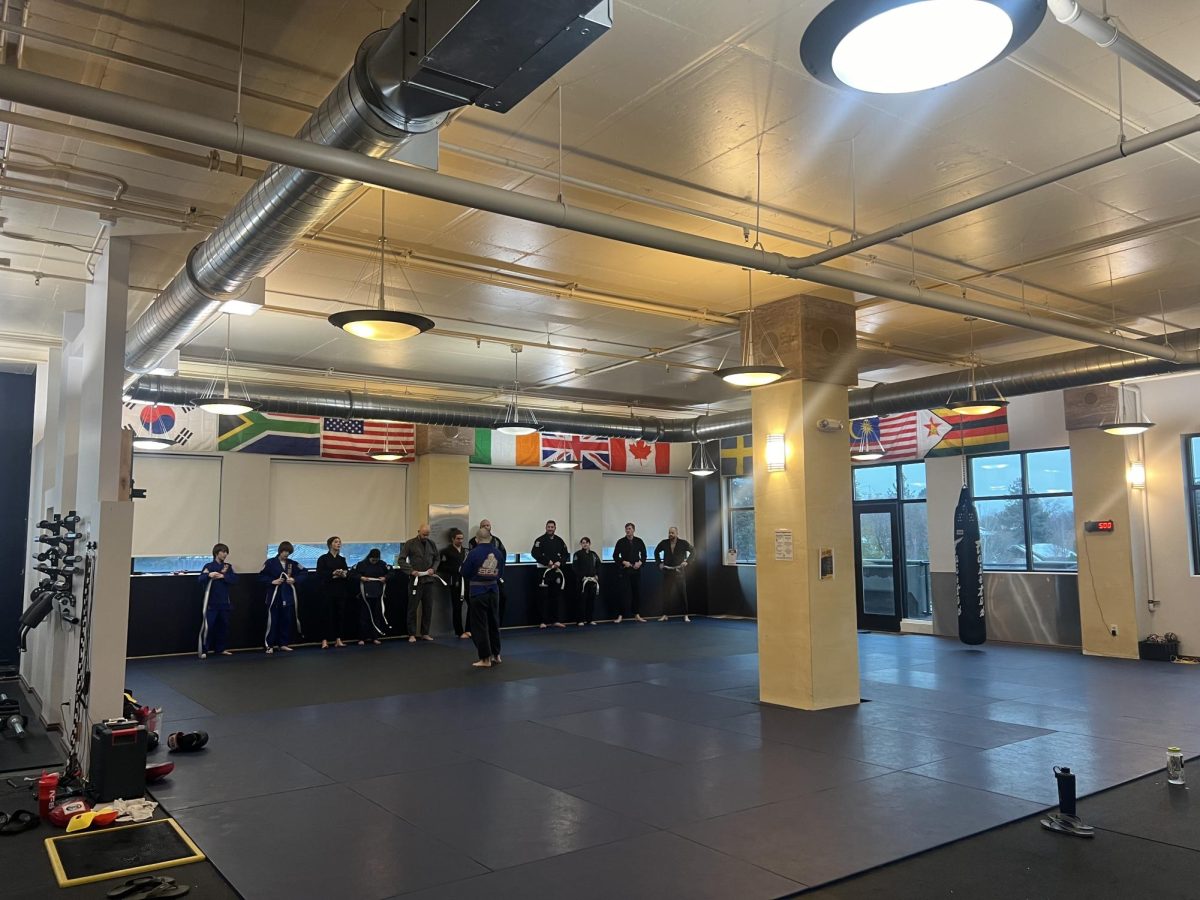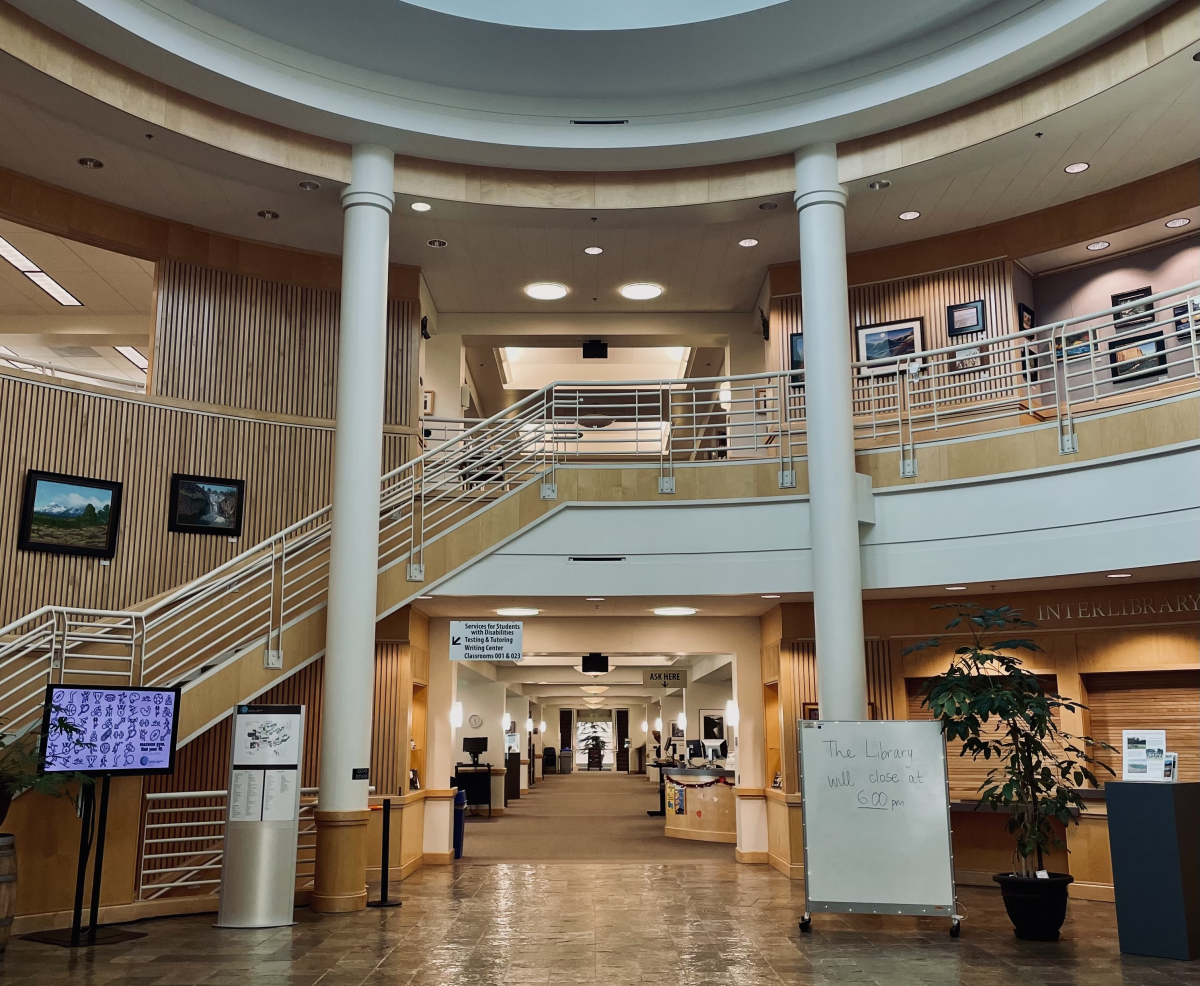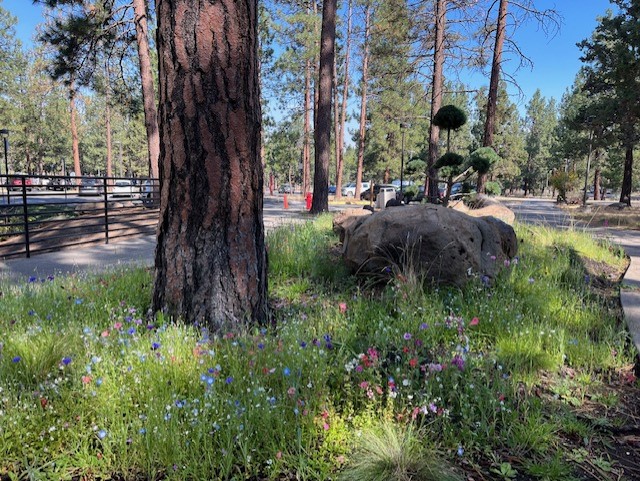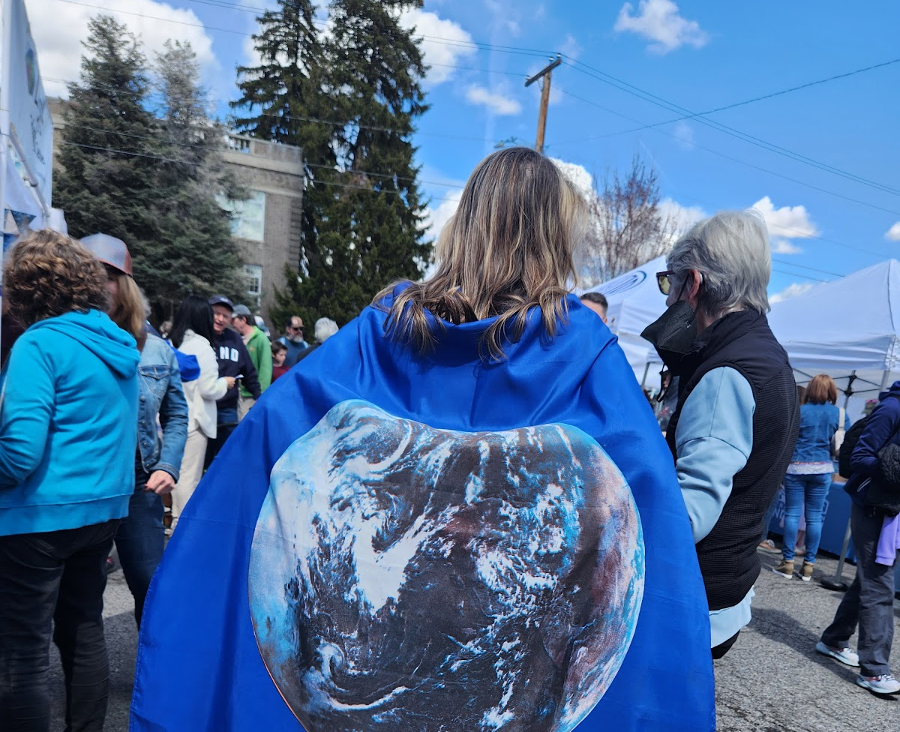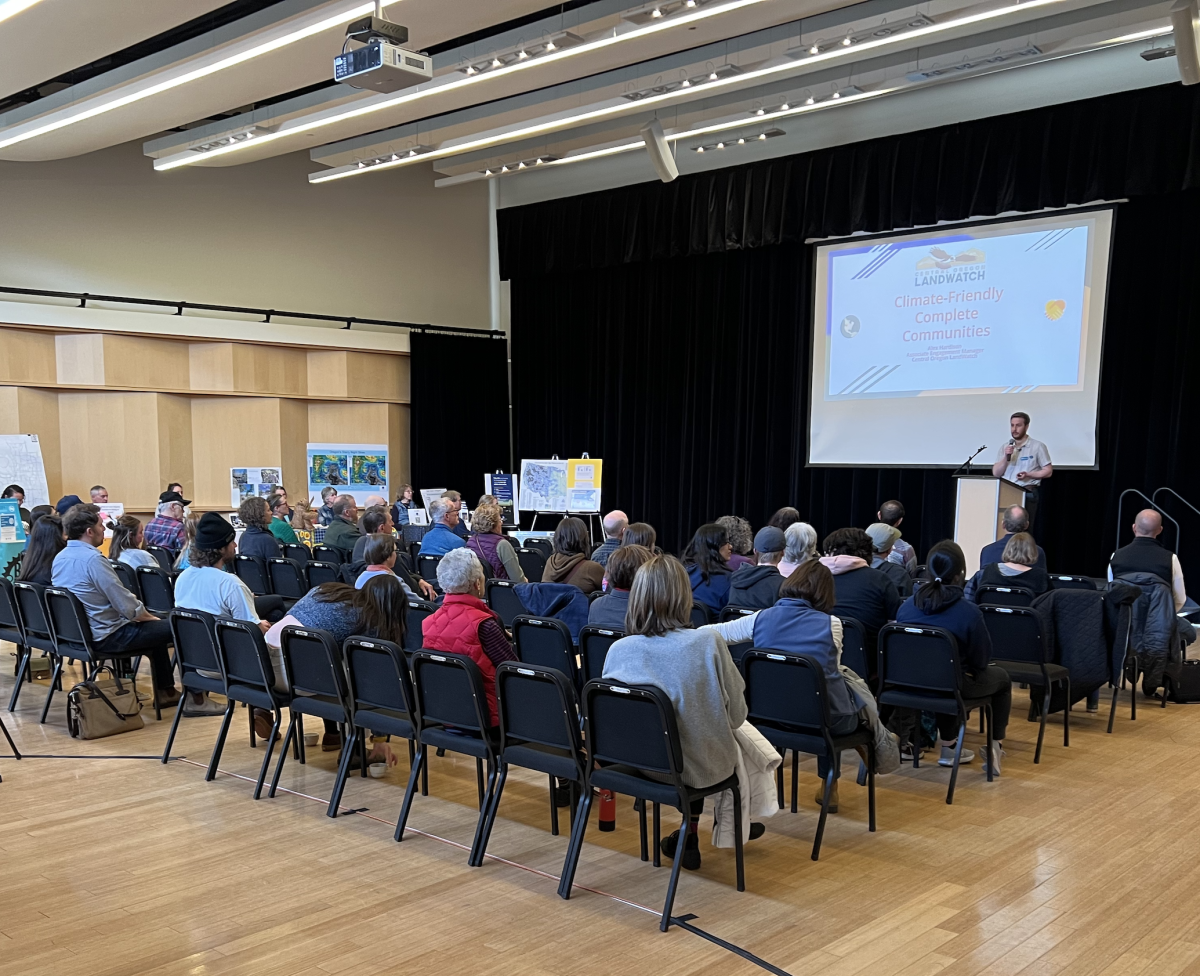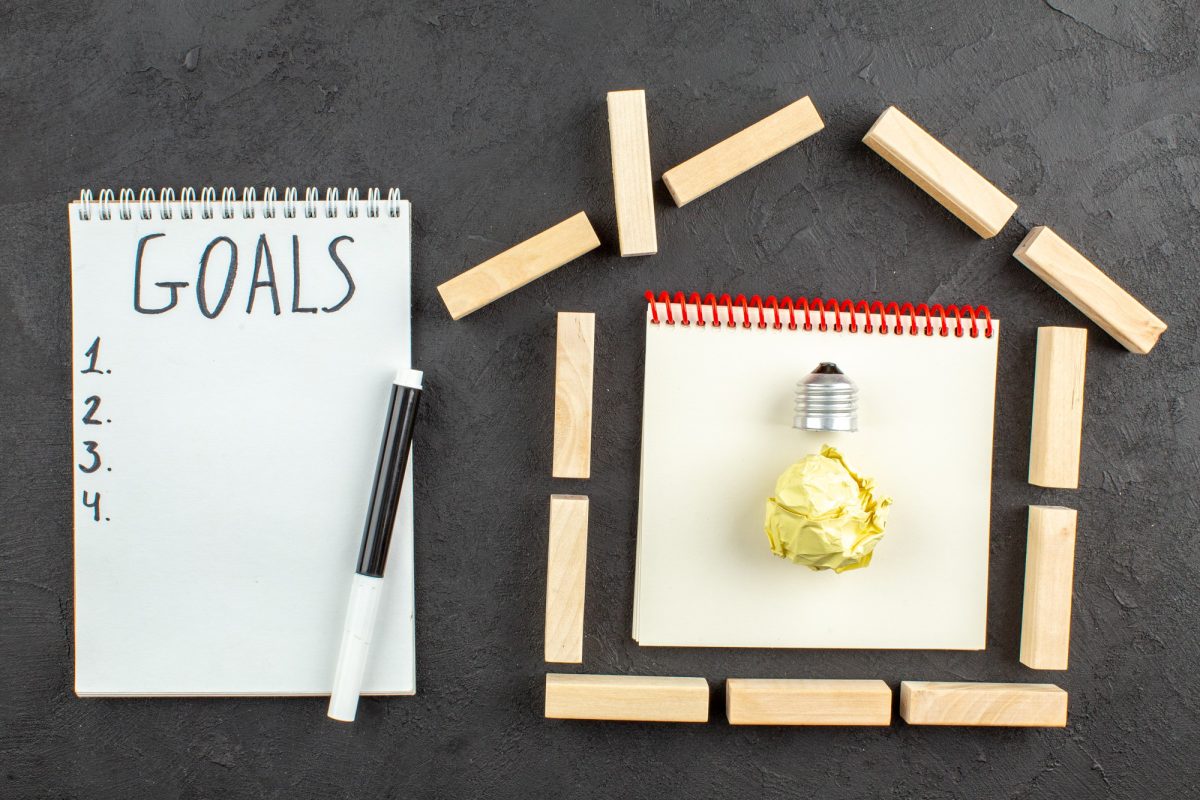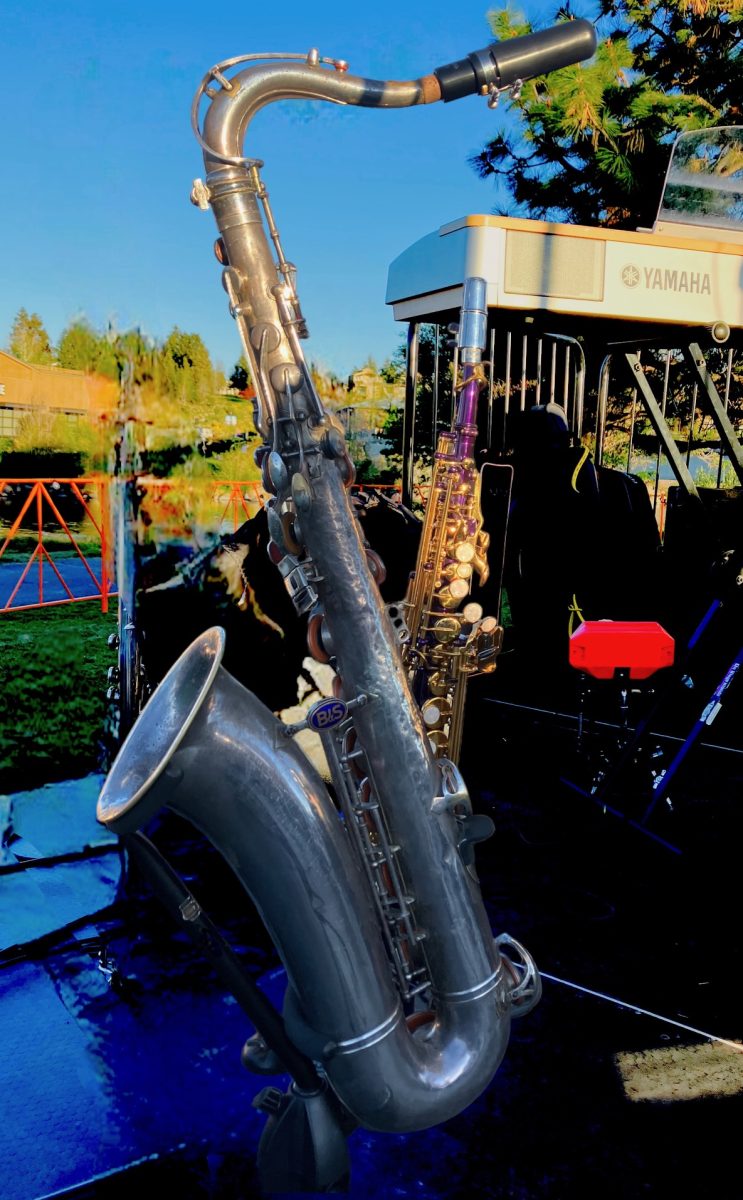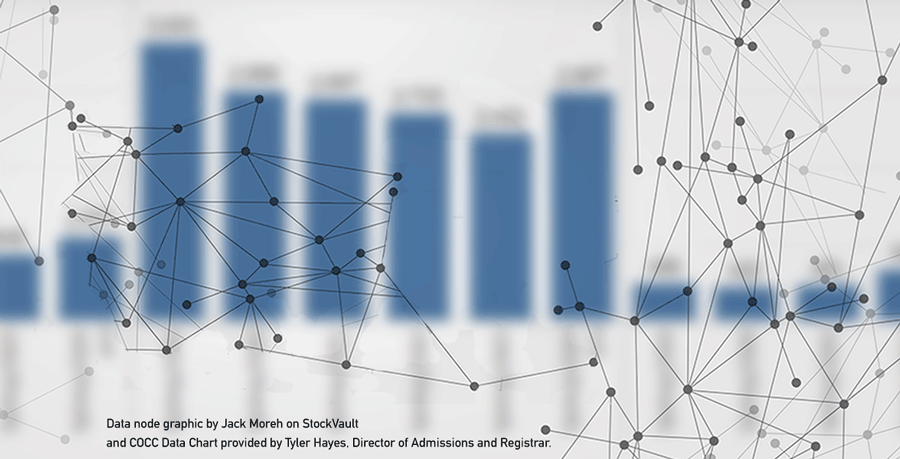By Claire Benke/For The Broadside
The environment is trending.
In September, cities around the world – including Bend – held public demonstrations to demand more action be taken against climate change. Earlier this month, Time magazine named 16-year-old environmental activist Greta Thunburg as 2019’s person of the year.
With environmental issues receiving more attention, many who were once oblivious to the effects of their carbon footprint are now wondering what they can do to leave the planet in better shape than they found it.
For nearly a decade, the Sustainability Committee at Central Oregon Community College has been working to assure the college operates as sustainably as possible.
Founded in 2010, the Sustainability Committee aims to motivate all who attend or work at COCC to engage in sustainable, environmentally-friendly practices.
“COCC invests in capital projects, like building sustainable buildings on campus, and tries to identify grant opportunities to save money for the college, as well as to save the planet,” said Dana Christensen, COCC Instructional Dean’s Assistant.
“Two years ago, our Campus Services Department applied for a grant from the Energy Trust Fund of Oregon to replace all of the parking lot lights with LEDs, a much more efficient lighting source,” Christensen said. “We hope to someday replace every single light on all of the campuses with efficient LEDs. We also own one of the largest solar arrays in the state of Oregon that powers a large portion of the Redmond campus’s energy needs.”
The college is currently working to achieve a 3% energy reduction average per year, according to COCC’s Energy Management and Sustainability Coordinator, Jillian DiMendio.
When asked about how the committee plans to achieve this, DiMendio said that, “simple things, like setting occupancy schedules for buildings so that they aren’t running at full capacity when they’re only partially occupied,” can have beneficial impacts.
There are many actions COCC students can take to assist the Sustainability Committee in their mission.
One way students can help is by buying food from local sources, such as farmers’ markets and Central Oregon Locavore. Located on Third Street near Revere Avenue, Locavore exclusively sells locally grown and produced food. Shopping there on a regular basis can be expensive for some, but students on a budget can practice a variety of sustainable habits that won’t dent their wallets.
When asked about low cost ways to ease one’s carbon footprint, Christensen offered some useful tips.
“There are things we can do with some effort, and some with little to no effort,” Christensen said. “Mostly, it’s a mindset change from a culture of consumerism and consumption, to that of taking care of the planet and our fellow human beings who live on this beautiful planet.”
Christensen encourages students to buy used clothing, pack lunches at home, purchase food from bulk food bins at stores such as Food 4 Less and Market of Choice, drive less, redeem cans and bottles at our local bottle drop, and shower less.
“You’ll save a ton of water usage,” she said, “and have healthier skin and hair, to boot.”
Prineville Campus Director Suzie Kristensen also gave some useful advice for students interested in saving money.
“Being a broke college student does not limit us from evaluating our resources,” she said.
With the holidays upon us, Kristensen suggests using recyclable gift wrap and purchasing artificial Christmas trees, rather than live ones.
For students interested in learning more about sustainability, COCC offers a Sustainable Nutrition course. Created by professor Owen Murphy in 2011, the class enlightens students on many elements of sustainable living — from farming, to waste reduction, to purchasing sustainable goods.
“This class is important to draw people’s attention to social justice,” Murphy said.
When asked what students can do to encourage sustainable practices on campus, Murphy suggested contacting the Vice President of Administration to urge that more steps be taken to achieve an eco-friendly facility.
“This college exists for students,” Murphy said. “The more frequently our voices are heard, the bigger that weight becomes.”
Claire Benke is a student at Central Oregon Community College. Reach her at [email protected]. This story was produced as part of Publications Lab, a COCC course, and not by staff of The Broadside, an independent, student-run news organization located on the COCC campus.



